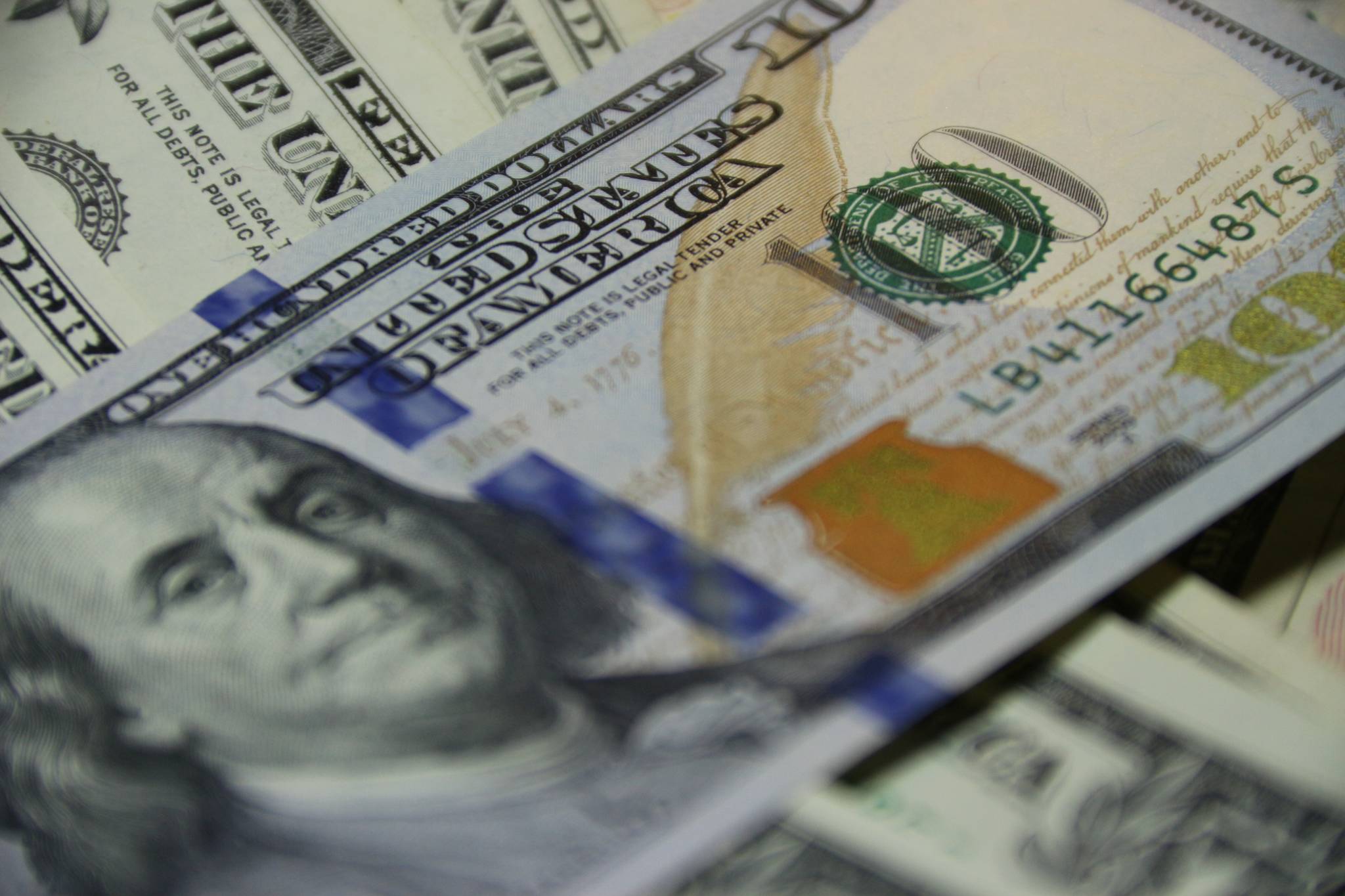Editor’s Note: Ordinarily My Turn submissions are limited to one per person per month, but the rule is being waived to allow someone to address My Turns that directly named the writer in a timely manner.
I recently composed a piece in this paper addressing the problematic accounting approaches that are driving the Fair Share Act, the ballot initiative to raise oil taxes — “The Fair Share Act has a data problem” on May 27. Two responses to that analysis were recently published. They both underscore the unsuitable accounting, and I will briefly address them here.
In my evaluation I systematically laid out, using clear data from the Department of Revenue Fall 2019 Sources Book, how over the period 2015-2019 the State and federal governments had captured 74% of the pre-tax net income in royalties and taxes. This is referred to as “government take” and compares to 64% in the Lower 48.
[Opinion: The ‘Data Problem’ is misinformation]
In one response, Robin O. Brena charged that the cost data used to derive the take is incorrect.
He mentioned two particular issues. First, he alleges that $3 billion of the $10 billion in transportation (pipeline and marine tanker) deductions were “profits and tax allowances the producers pay themselves and are not actual costs at all”. This is untrue. The allowable transportation deductions are limited to real costs. They include operating costs, depreciation, the cost of capital and property and income taxes. They are part of all regulated tariffs.
Second, he claims that $6 billion of the $28 billion in upstream capital and operating costs “were not costs even related to the oil produced.” This is also inaccurate. Those amounts represent oil being produced from existing fields like Nikaitchuq, Oooguruk and Point Thomson, which were operating from 2015-2019. It also includes investments in newer fields like GMT-1, which was started up in late 2018, and exploration for fields like Pikka. The costs of producing oil include exploration and development.
Brena still does not see how a drop in oil price from $108 per barrel in 2014 to $43 two years later explains the loss in State revenues after 2014. And he has also yet to explain why past credits paid to small explorers and Cook Inlet producers, credits which are no longer in effect, are a reason to vote for the initiative aimed at large North Slope producers.
In my piece I also expressed my concerns about unsystematically comparing Alaska’s profits with other places. In the second response, Ray Metcalfe attempted to dispute my claim that producers are not realizing extraordinary profits here.
[Recent opinion piece was off the mark]
As a counterexample, Metcalfe pointed to the technical service contracts that BP and others have in Iraq, where they are paid $2 a barrel to produce oil. It is important to understand how those work.
These contracts started in Iraq in 2009, when the war there was winding down. Several large, existing fields had been damaged. The fields were owned and operated by the government. It was entitled to all the oil produced. But it had neither the capital nor the expertise to restore the fields. So a resource firm was called in to assist. It could have been either an oil company or an oil field service contractor.
Per the terms of the contract, the contractor operates the field, and all its costs for the services are reimbursed by the government. In addition, they receive $2 per barrel. The contractor also receives corporate overhead costs as a flat percentage of other expenditures. All up front signature bonuses are reimbursed over time.
So the entire arrangement is not much different from paying for oil field services. It is not really considered a fiscal system. It is like having a plumber fix a leak; you pay for parts and labor, which include a profit component. The Iraqi government incurs all the dry hole, cost overrun and oil price risks. The oil company bears none of those risks, and therefore earns little compensation.
Such a comparison is completely irrelevant and inappropriate for the North Slope, where the producers paid billions of dollars to obtain working interest ownership rights and incur those risks.
Oil taxes are a difficult topic for voters to absorb. The issues are technical. Alaskans are encouraged to understand them before they vote.
• Roger Marks is an economist in private practice in Anchorage. He was a petroleum economist with the Alaska Department of Revenue 1983-2008. Columns, My Turns and Letters to the Editor represent the view of the author, not the view of the Juneau Empire. Have something to say? Here’s how to submit a My Turn or letter.

